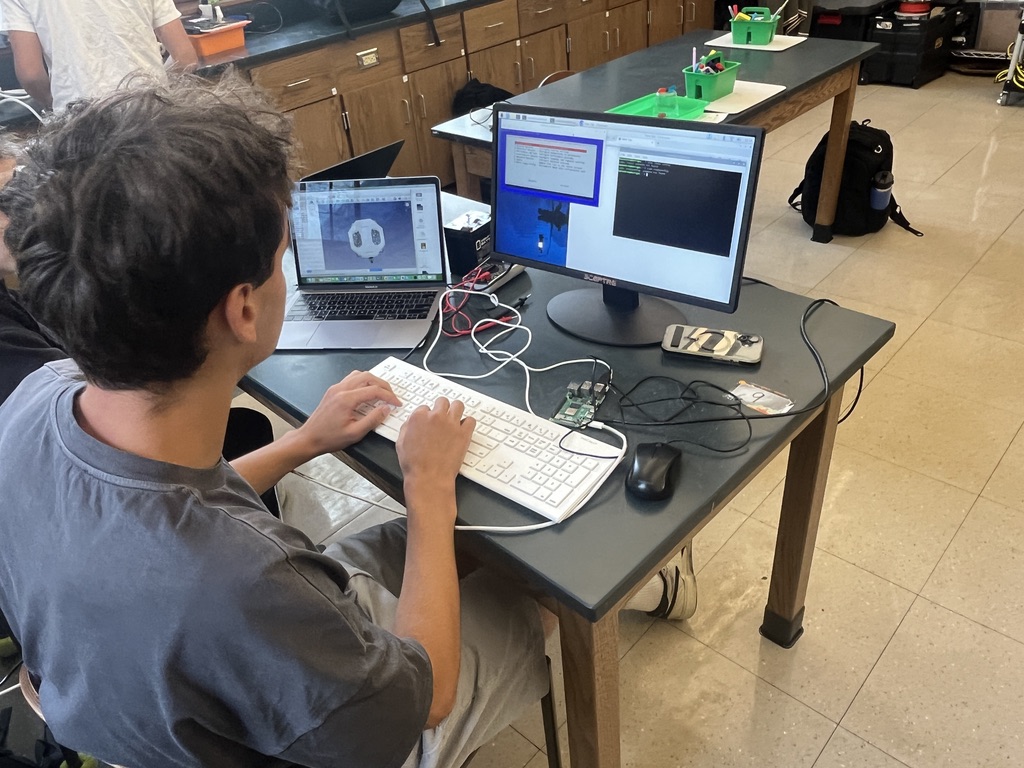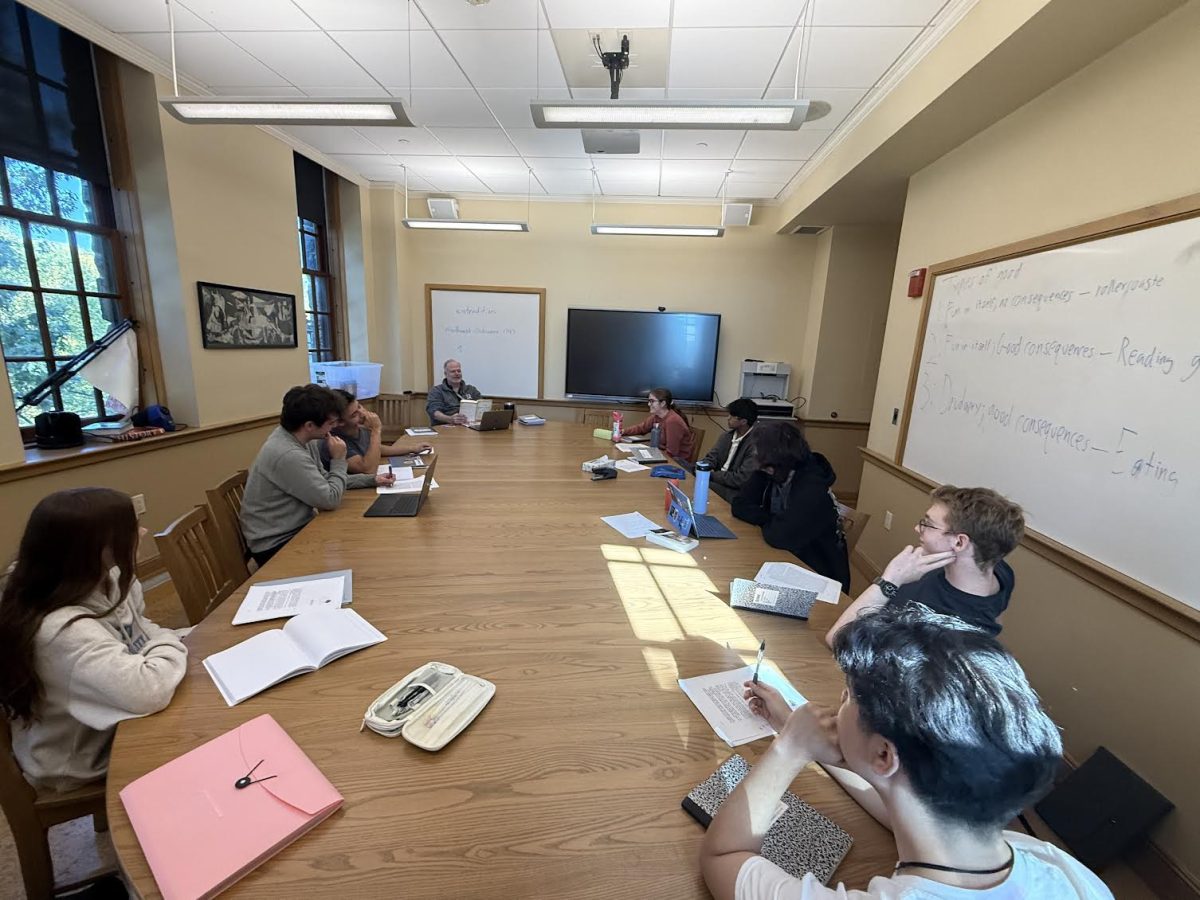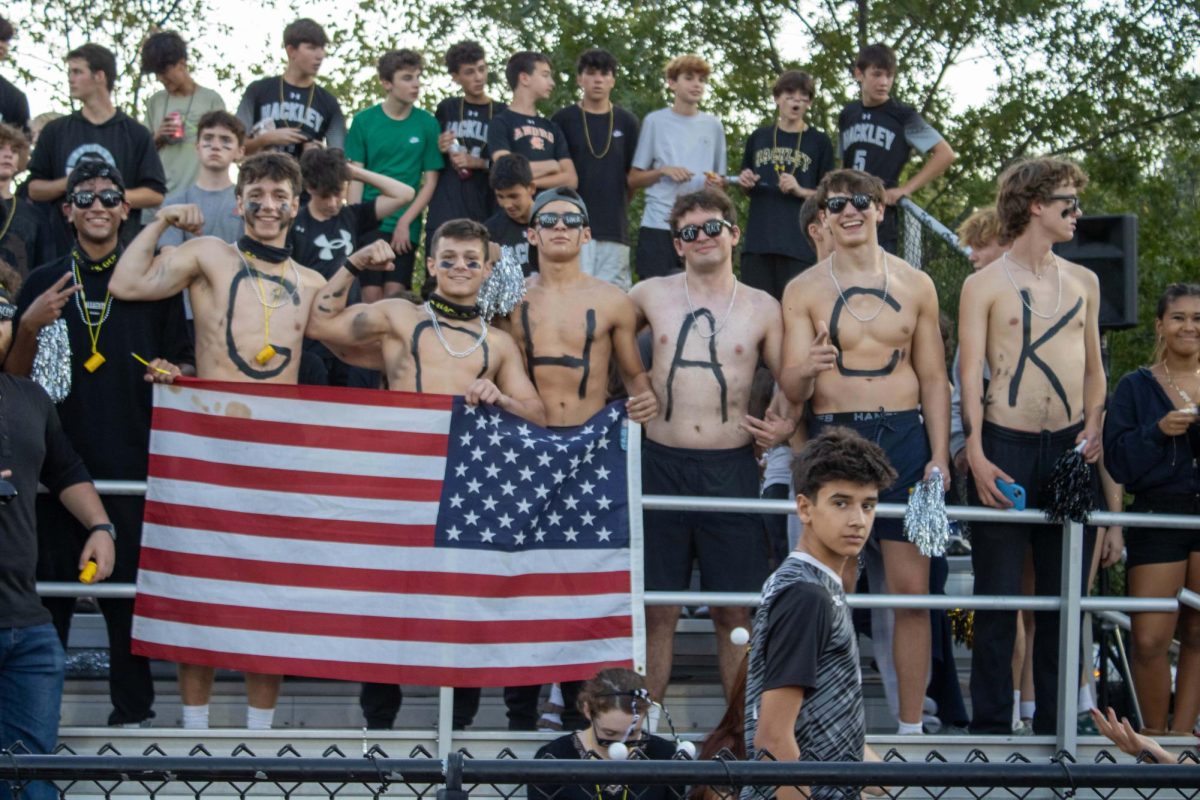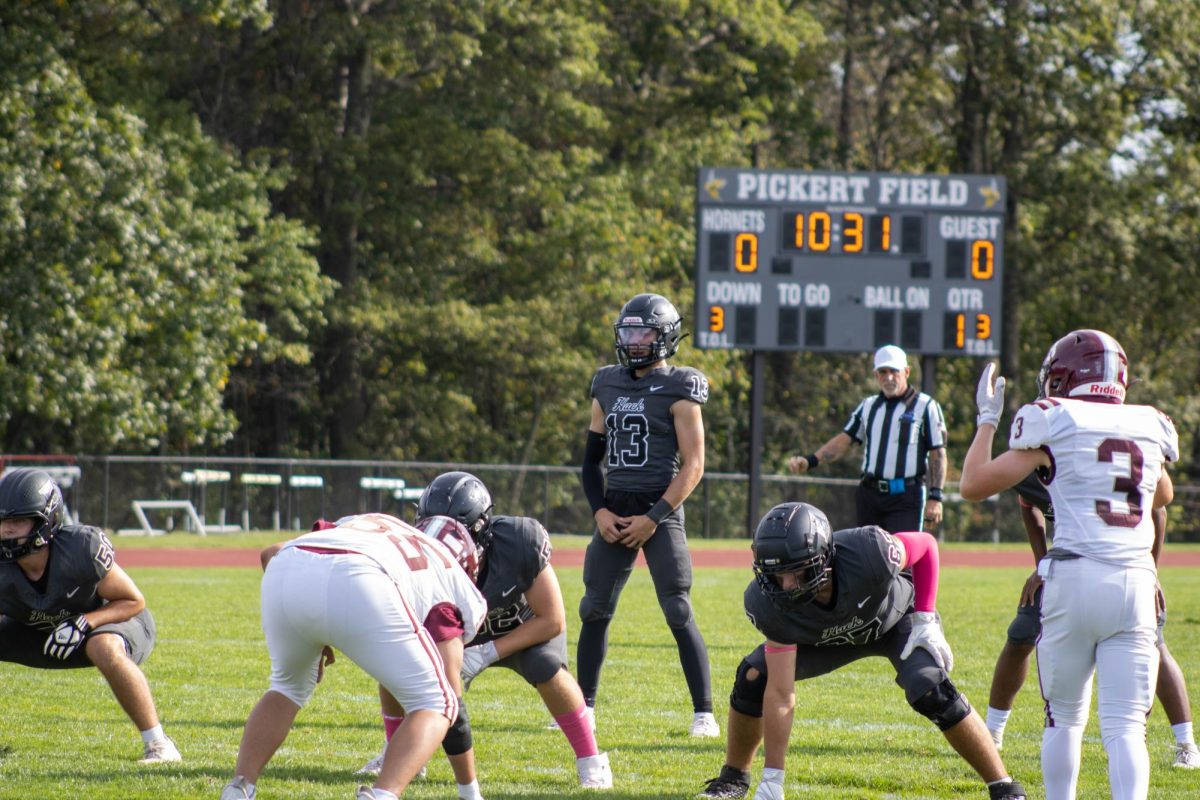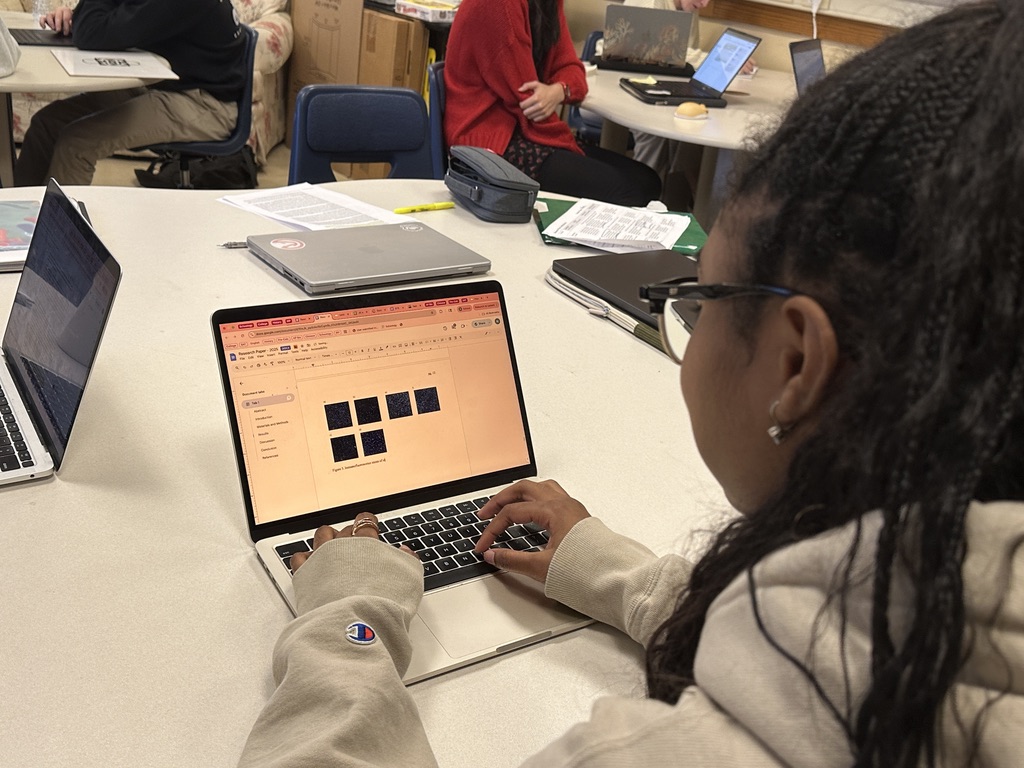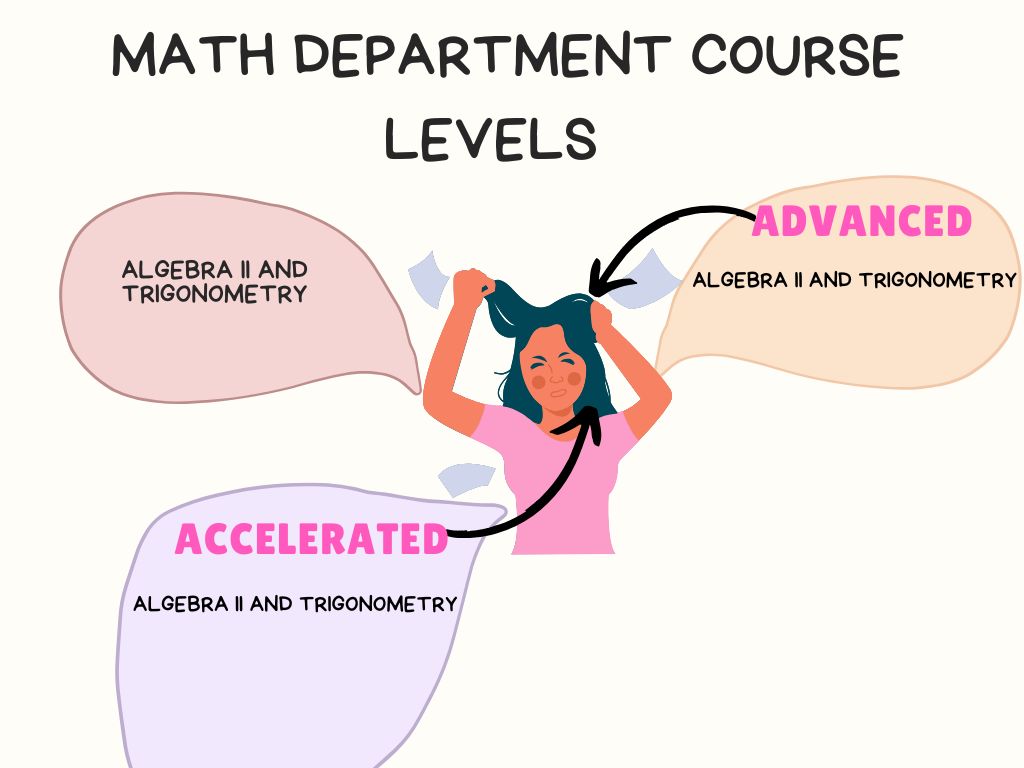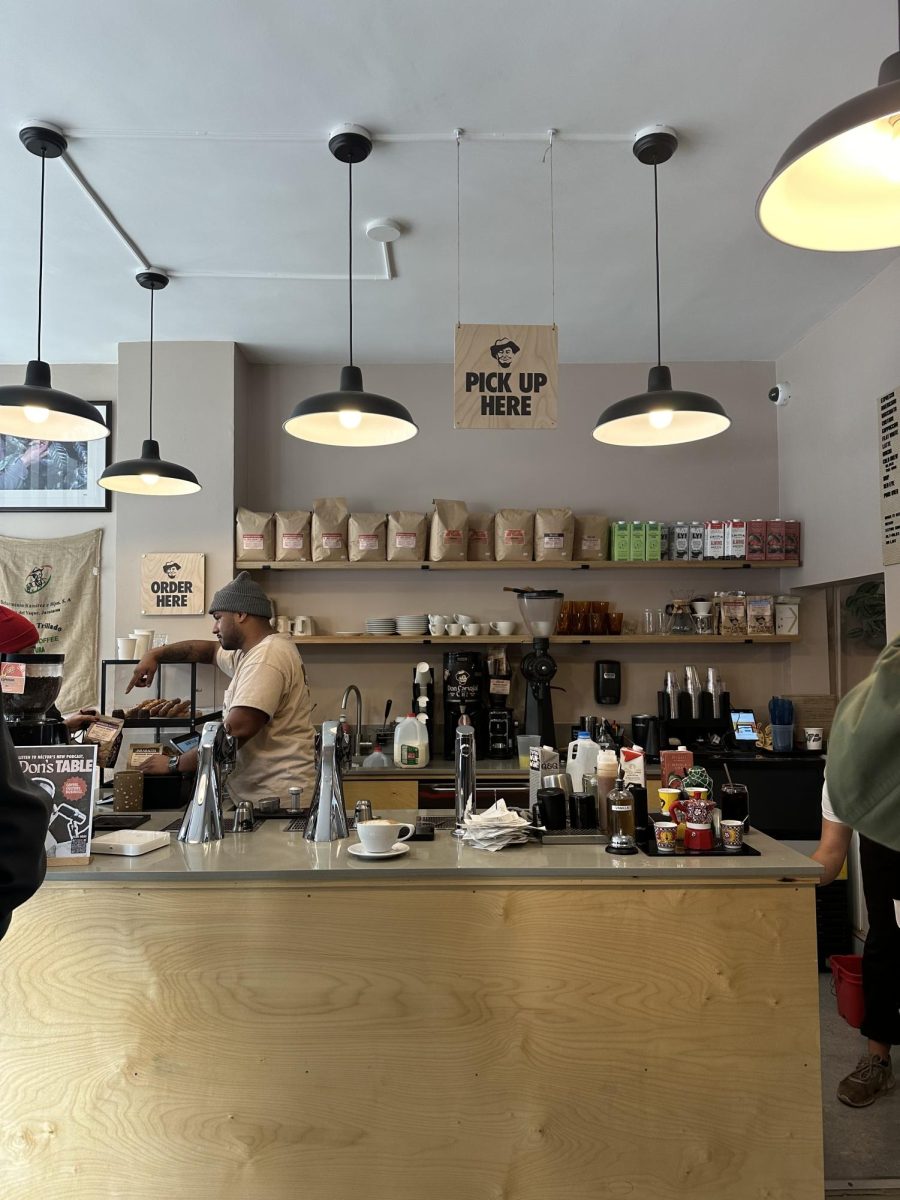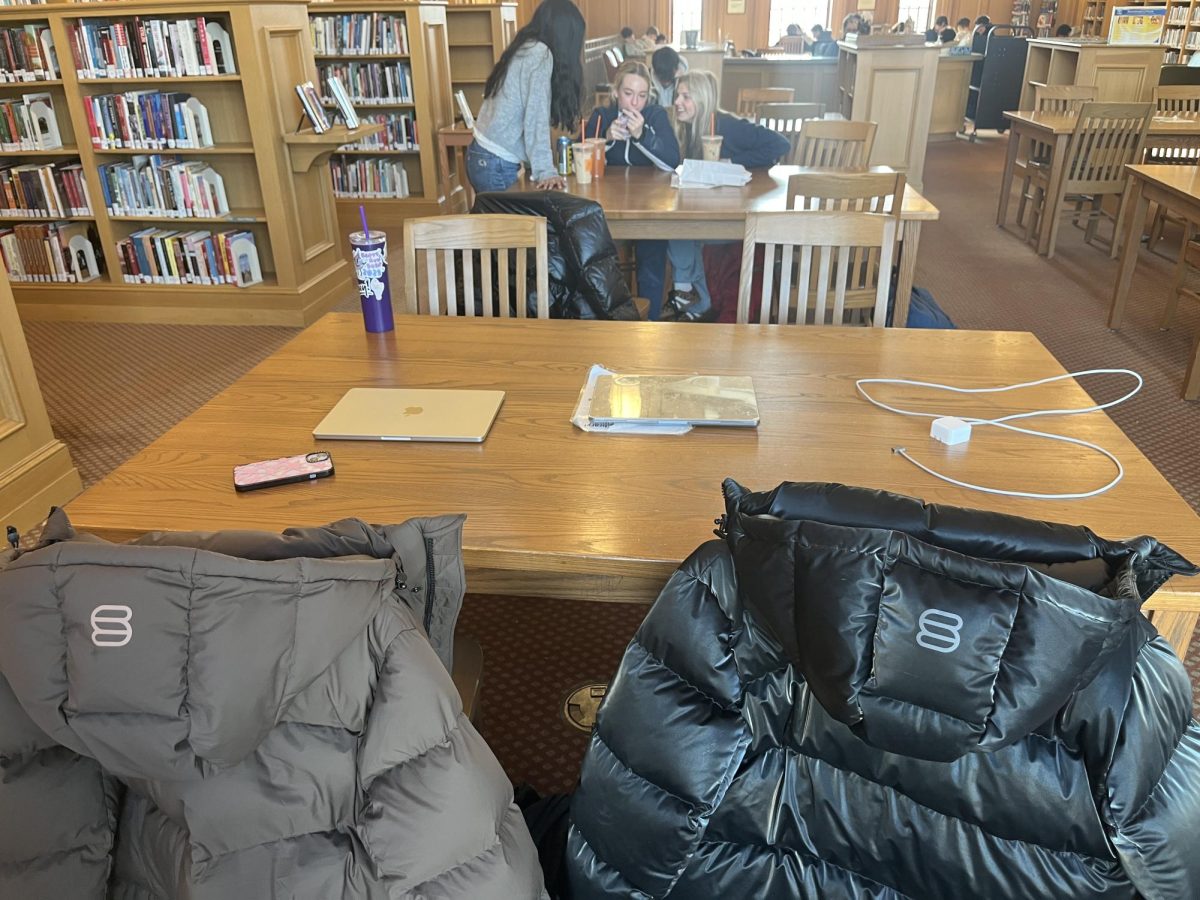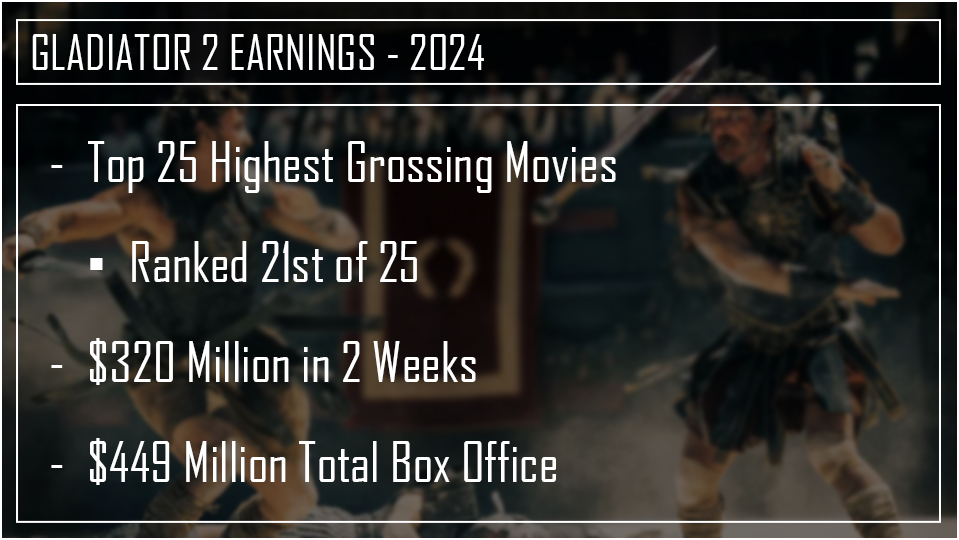Presidential debates, once a non-partisan platform for candidates to express their campaign platform and personal opinions, have become chaotic events which, in turn, allow candidates to grandstand among each other and create iconic statements and controversial interruptions.
Presidential debates are designed to inform voters about candidates’ stances and opinions on issues that pertain to the election. The first televised debate aired in 1960, and since then, the debates have been sponsored by the Commission on Presidential Debates (CPD), a bi-partisan commission that selects the debate sites, moderator(s), and dates. However, this election cycle led to Republican nominee Donald Trump and Democratic nominees Joe Biden and Kamala Harris announcing that their respective campaigns would not participate in a CPD-sponsored debate.
During this election cycle, there have been two presidential debates: one between former President Trump and President Biden on June 27th, and another between Trump and current Democratic nominee Vice President Kamala Harris on September 10th.
Debates are designed as an opportunity for candidates to inform voters about where they stand on issues and to answer questions created by moderators that are designed to “challenge” candidates and compare their answers. However, with the introduction of Donald Trump, debates have become more chaotic and less informational with candidates interrupting each other and going off-topic has led to networks muting candidates’ microphones while they are not the ones speaking.
CNN hosted the first debate of the campaign on June 27th, which many pundits called a “disaster”. The debate was moderated by CNN’s Jake Tapper and Dana Bash, who asked 20 questions centered around the economy, democracy, foreign policy, immigration, and abortion. While the moderators attempted to rally candidates to answer the questions they asked, according to NBC, the candidates went off-topic for more than 35% of the debate (50% of the time for Trump and 35% of the time for Biden). Trump also attacked Biden, the majority of them being interruptions, 106 times, compared to 72 by Biden.
One of the notable interactions between the two candidates would be one that reporters would coin as the clip that describes the entire debate, a two-and-a-half minute segment where Trump and Biden turned a question about their ages into a mini-debate about who is the better golfer. This combined with Biden’s historically bad performance overall, slurring many of his words and not completing responses or answering questions, was a factor in his historic decision to bow out of the race. Tapper and Bash also did not fact-check candidates during the debate, allowing any false information or misinformation by candidates to reach potential voters without correction. While both candidates have committed these interruptions and grandstanding, going back to 2016, it is often due to the performances and debating of Former President Trump.
ABC News hosted the second debate of the campaign on September 10th, and gave a lot more information to voters and Americans than the previous, thanks to fact-checking and stricter microphone muting. This debate was moderated by ABC’s David Muir and Linsey Davis who asked questions similar to the ones asked during the first debate..
The most notable part of the debate was when President Trump was responding to an attack by Harris on Trump’s rally sizes (which stemmed from a conversation about the border) which led to Trump falsely claiming that Haitian immigrants in Springfield, Ohio were eating the pets of local residents.
“In Springfield, they’re eating the dogs,” former President Trump said. “The people that came in. They’re eating the cats. They’re eating — they’re eating the pets of the people that live there.”
This was immediately fact-checked by Muir; however, the clip was quickly spread on social media and was used to create memes on the internet. The widespread use of the clip led to violence against Haitian immigrants and violence within the Springfield community.
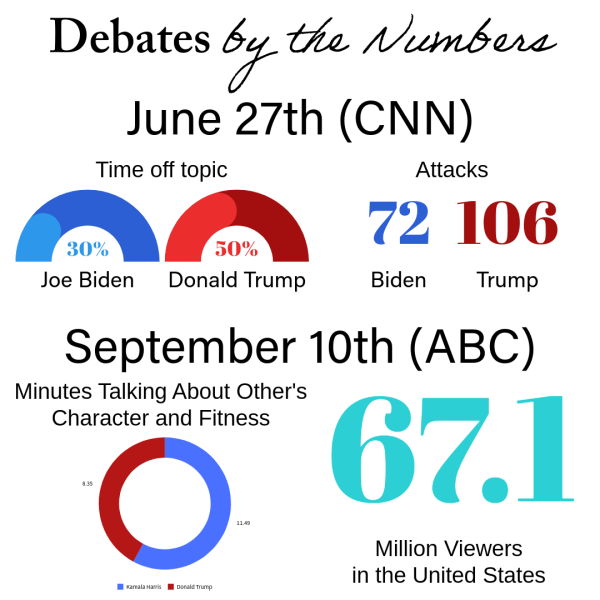
Off-topic comments, rejected questions (when a moderator asks a question, which the candidate does not answer), and interruptions have been rising election cycle after cycle. The rise, per NBC, most notable from 2008 & 2012 to today, has caused debates to become a way for candidates to grandstand and put down upon their opponent than actually answer questions and address issues that affect working-class Americans nationwide.
Without a clear set way to have candidates answer each question posed by the moderators, or keep candidates on track with the topics in the segment the debate is focused around, debates will not be a reliable source of information for undecided voters, particularly elderly voters who are more unlikely to fact check the information they hear on TV. While certain steps made by networks such as muting non-speaking candidates’ microphones and removing studio audiences are steps in the right direction, changes such as these are just the beginning of what is needed to uphold the long-standing tradition of a presidential debate.

